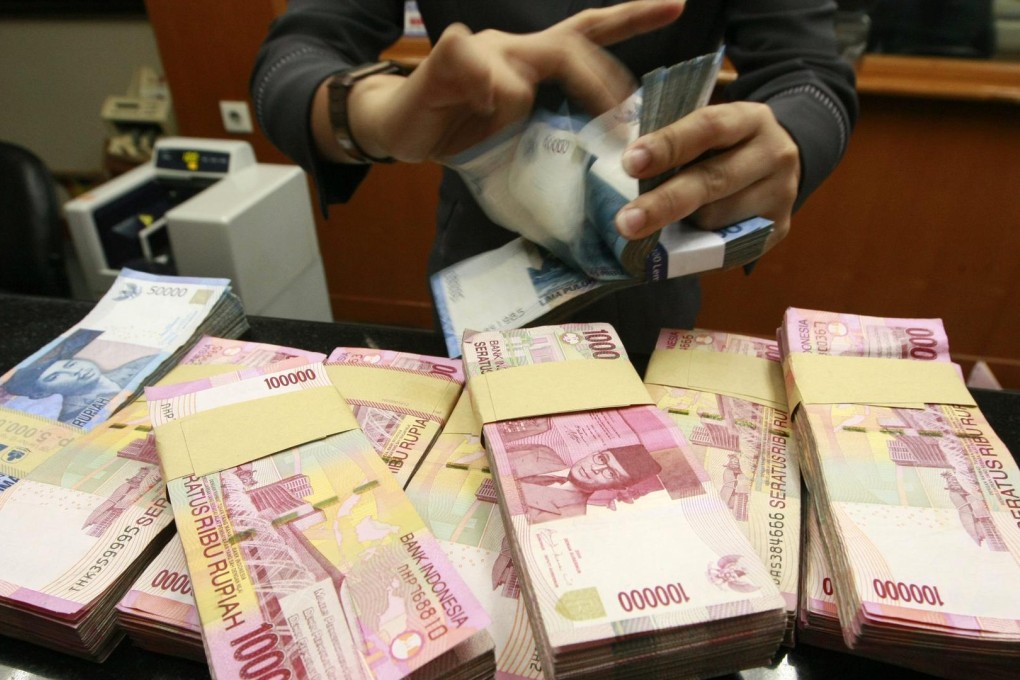New | Emerging Asian currencies fall as China woes accelerate capital outflows

Asian currencies fell to their lowest in years on Monday even as the US dollar tumbled on accelerating capital outflow from emerging markets amid rising fears of a hard landing in China's economy dampening growth globally.
Investors, instead, flocked to the euro and Japanese yen. The euro hit the strongest level in more than six months, while the yen was at a three-month high against the dollar.
Indonesia's rupiah fell to its weakest level since the Asian financial crisis 17 years ago, while the Malaysian ringgit also hit another 17-year trough as investors feared that weaker demand from China could hurt demand from its neighbouring countries. The Australian dollar, the Thai baht and the Taiwanese dollar all hit six-year lows.
The slump in emerging-market currencies came even after investors pushed back expectations of a rate increase by the Federal Reserve in September, following the dovish minutes of the Fed deliberations released last week. The dollar index, which measures the dollar against a basket of major currencies, fell 0.7 per cent to a two-month low on Monday.
"In short, China has created a confidence crisis. With the exception of India, Asian economies are suffering from stalling Chinese demand. This places China at the centre of any lift in regional confidence, but we don't believe it is a prelude to another Asian financial crisis," said Min Lan Tan, Apac regional head of the investment office at UBS Wealth Management.
The bloodbath in the Asian foreign exchange market has pushed central bankers to prepare intervention to offset market volatility. Economists are also widely expecting Beijing to decrease the reserve requirement ratio for local banks in order to ease a liquidity crunch following capital outflow.